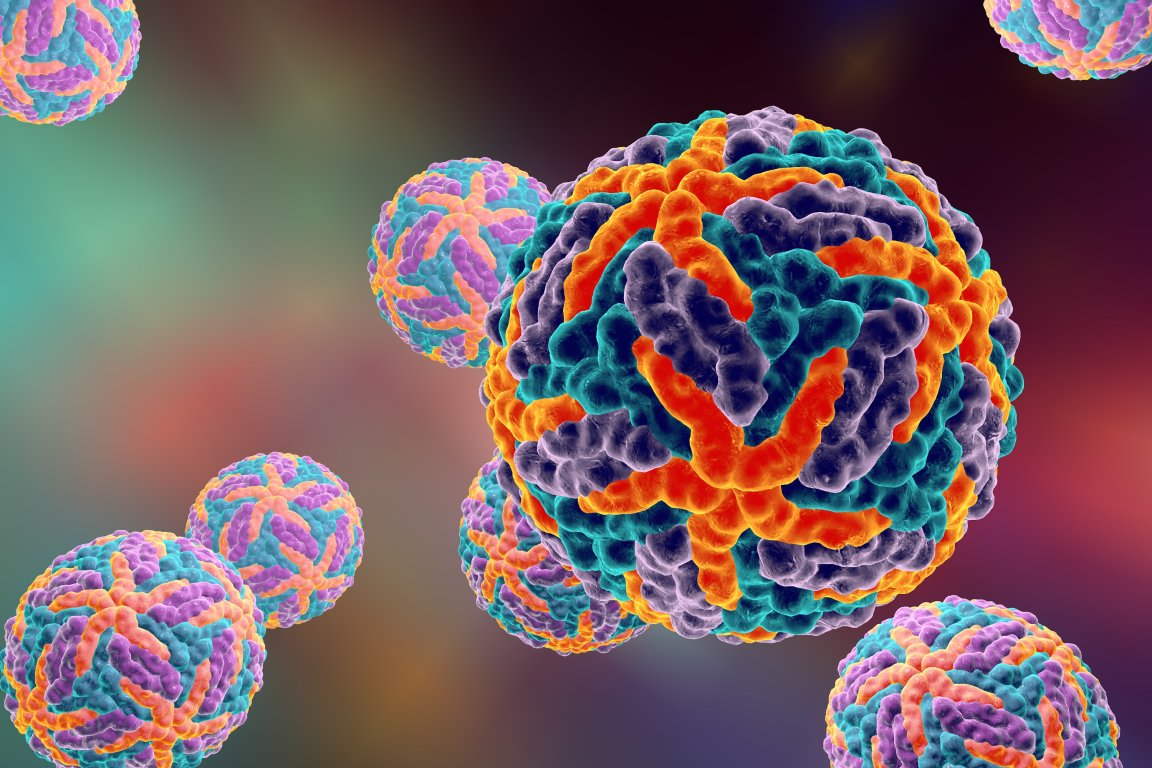
Nanoparticle Vaccine
A study published in the journal, PLOS Neglected Tropical Disease, details how a team of researchers at the University of Carolina successfully vaccinated mice against a serotype (strain) of dengue virus. This can potentially help quell the 350 million instances from over 120 countries of dengue fever every year.
The vaccine is different from previous attempts that used live dengue viruses because it features nanoparticles. Using Particle Replication in Non-wetting Template (PRINT) technology, researchers Stefan Metz, Shaomin Tian, Aravinda de Silva, Chris Luft and Joe DeSimon designed various shapes and sizes of nanoparticles — ranging from 55×70 nm to 200×200 nm. These were then studded with DENV2-E proteins, a key protein from dengue serotype 2.
Thirty-one mice were immunized with either a control injection (soluble DENV2-E proteins) or one of five distinct iterations of the nanoparticle vaccine. To monitor immune responses, blood samples (as well as bone marrow and lymph node samples) were extracted from the mice at different points of the immunization and four times after two boosters were given.
The results showed that those vaccinated with nanoparticle formulations had stronger immune responses.
Tough Little Bugger
“Though only focusing on DENV2, these findings form the basis of a safe and efficacious dengue virus candidate,” the authors say. The notorious virus has been difficult to vaccinate against because it has four distinct strains.

Credits: CDC/ Frederick Murphy
Previous vaccination attempts against the dengue virus often led to imbalances in immunity to the four strains — and can even make other strains more severe. The researchers are confident, with further study, they could develop similar nanoparticles for all four strains.
Furthermore, the study can help in research against other mosquito-carried diseases. “In addition, this platform can be used to develop safe vaccine candidates for other flaviviruses such as Zika virus, where pregnant women are the target group for vaccination.”
The nasty little buggers may have met their match.